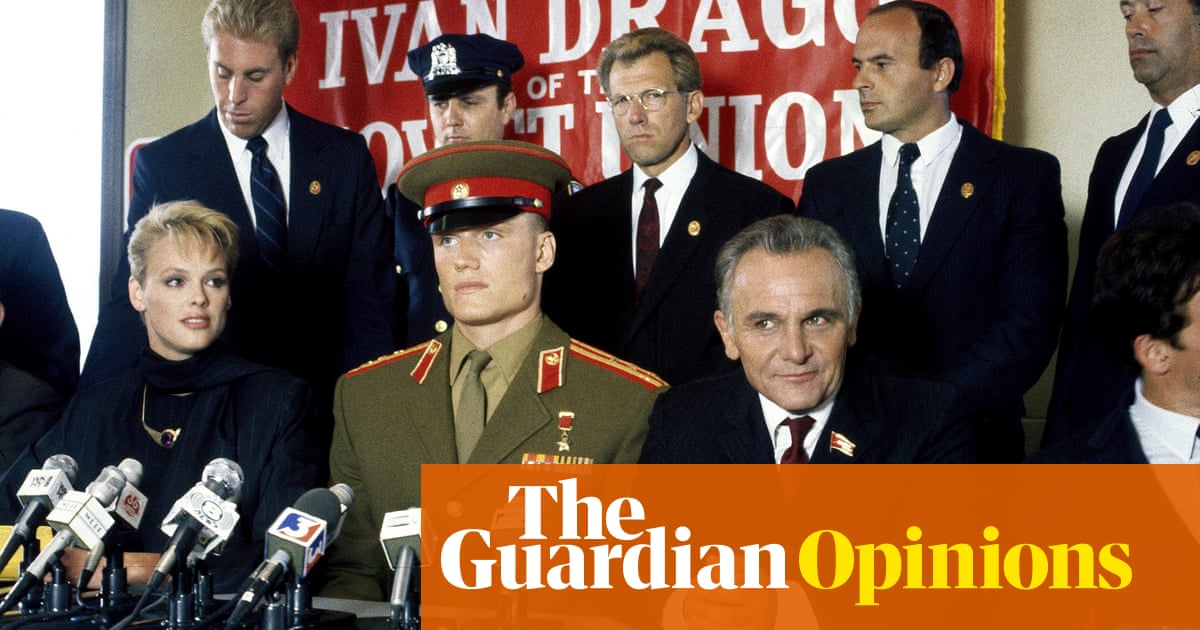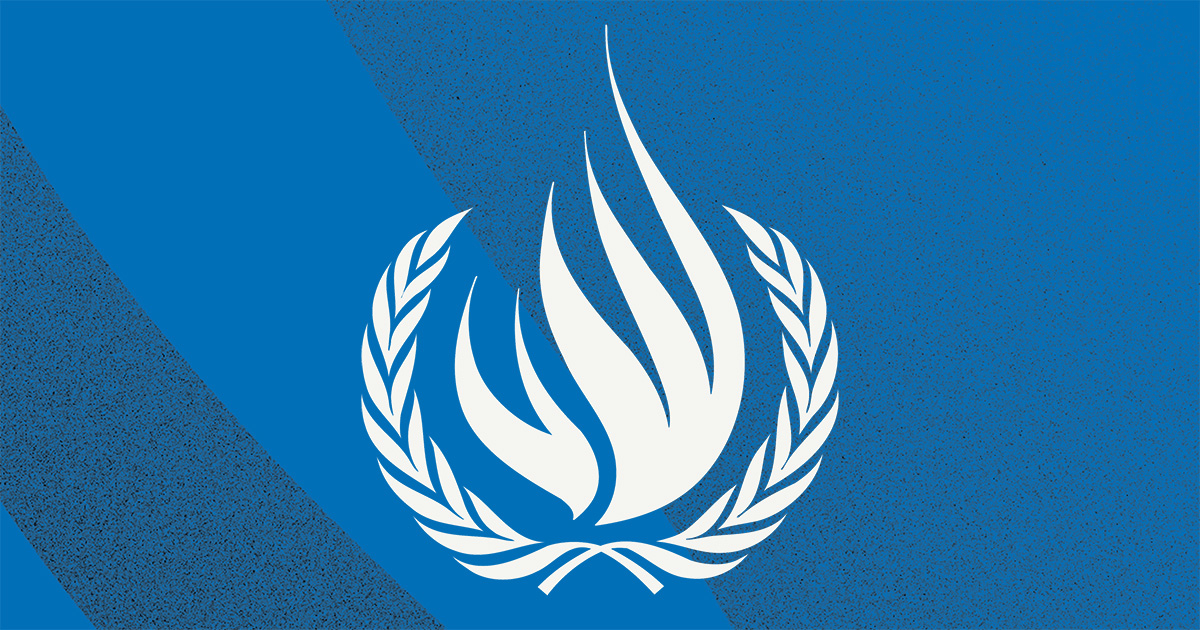
When the Saudi Education Minister, Ahmad Al-Issa, said his country would “renew the educational curricula to eliminate any trace of the influence of the Muslim Brotherhood,” it was a recognition of the group’s influence and penetration, not only in Saudi society but in the Gulf as a whole. These measures are an extension of a trend that began months ago. One of its signs was the announcement last September by the Islamic University of Imam Muhammad bin Saud that it would dismiss employees suspected of having links with the Brotherhood.
The Brotherhood’s relationship with the Gulf began in Saudi Arabia. Hassan Al-Banna, the Egyptian founder of the group, met King Abdul-Aziz Al-Saud in 1936 and requested the establishment of a branch in Saudi Arabia, but the king refused. “We are all Muslims and we are all brothers,” he said.
Banna used to meet leaders of Hajj delegations in Makkah, where he preached his ideology and sought official and public support. But the Brotherhood, as an intellectual stream, and as influential individuals in the Kingdom, was established in later historical stages. The initial relationship was good, but that changed after the Yemeni revolution, in which the positions of the Brotherhood and Saudi Arabia differed. The Brotherhood was supportive of the revolution, while King Abdul-Aziz stood against it, which cast a shadow over relations.
Although the beginning of the Brotherhood and the nature of its groupings and activities were different in each of the Gulf countries, the GCC countries formed a unified geographical scope, in terms of the common characteristics of the Brotherhood groups in them.
One of the factors that helped to promote the Brotherhood project was that many Gulf students and businessmen who visited Egypt in the 1940s were exposed to, and convinced of, its ideology, which they turned into advocacy projects in their home countries. Thus, the network of social reform organizations in the Gulf, except Saudi Arabia, became the foundations of a multi-functional project, in which the Gulf countries were the platform for the launch of the international project of the Brotherhood.
In the Nasserite era, the Brotherhood migrated from Egypt after their attempt to overthrow the government. King Saud mediated with Gamal Abdel Nasser in the first Brotherhood crisis and had a relatively positive response. But the Brotherhood returned to their coup attempts and the confrontation resumed. Members found a haven in the countries that received them and managed to penetrate many fields, especially education and business. They dominated university education, especially in the 1970s and 1980s, as well many media and advocacy platforms. They spread and formed their organization, mostly with the knowledge of Gulf governments, which did not know at the time that they were breeding snakes inside their clothes. They did not realize that they were turning the Gulf into a new springboard for the Brotherhood. For instance, the international branch of the Brotherhood was holding its meetings in Makkah and Madinah during the Hajj season, as Qaradawi himself admitted. It is worth noting that Qaradawi was the godfather of the deal between the Brotherhood and Qatar, when it was agreed to dissolve the Brotherhood’s branch in Qatar in return for unlimited support for the group.
However, and despite this geographical expansion, many believed that the role of the Gulf Brotherhood did not go beyond the collection of funds. But the reality is that its activities in the Gulf were not limited to the collection of donations and caring for widows and orphans. Rather, it became a political and economic arm of the parent organization.
Abdel Latif El-Menawy
After the political deal with the Brotherhood in the Sadat era, Al-Hudaybi, the group’s second General Guide, visited Saudi Arabia. In 1971 he held an extensive meeting of the Brotherhood and the profile of the regional organization took shape, which included other members from Bahrain, UAE and Kuwait.
However, and despite this geographical expansion, many believed that the role of the Gulf Brotherhood did not go beyond the collection of funds. But the reality is that its activities in the Gulf were not limited to the collection of donations and caring for widows and orphans. Rather, it became a political and economic arm of the parent organization. More dangerously, it adopted the coup ideology in the GCC countries, as the UAE Foreign Minister, Shiekh Abdullah bin Zayed Al Nahyan, has observed.
The Muslim Brotherhood in the Arabian Gulf has had links with the parent organization in Egypt and has the same coup ideology. Some are surprised at the strong link. Their recent regional activities reached red lines when the authorities became fully aware of the danger and took some serious measures. More recently, many Brotherhood networks, seeking to overthrow Gulf governments, were exposed, which is conclusive evidence of the intentions of the Brotherhood toward those who gave them refuge.
The Arabian Gulf gave refuge to the Brotherhood after their rifts with Nasser. They dominated educational institutes and practiced political activities. Saudi Arabia became home for their leaders until the “awakening” movement started in the early 1990s and the position of the Brotherhood became clear. Then, the declaration the late Prince Nayef bin Abdulaziz, Saudi Interior Minister, shocked the Brotherhood because he considered them the source of all regional crises. They had another shock when they were classified as a terrorist organization by Saudi Arabia. And the recent declaration of Crown Prince Mohammed Bin Salman came as a knockout blow.
The latest warning of the Saudi crown prince pledged to terminate the Muslim Brotherhood from his country and eliminate what is left of the “ideology of the Muslim Brotherhood that invaded Saudi schools.” This threat to uproot them from education and other areas was preceded by moves and measures that went beyond the mere categorization of the group as a terrorist organization to the level of dealing with it as a real terrorist group.
Abdellatif El-Menawy is a critically acclaimed multimedia journalist, writer and columnist who has covered war zones and conflicts worldwide.
Twitter: @ALMenawy












